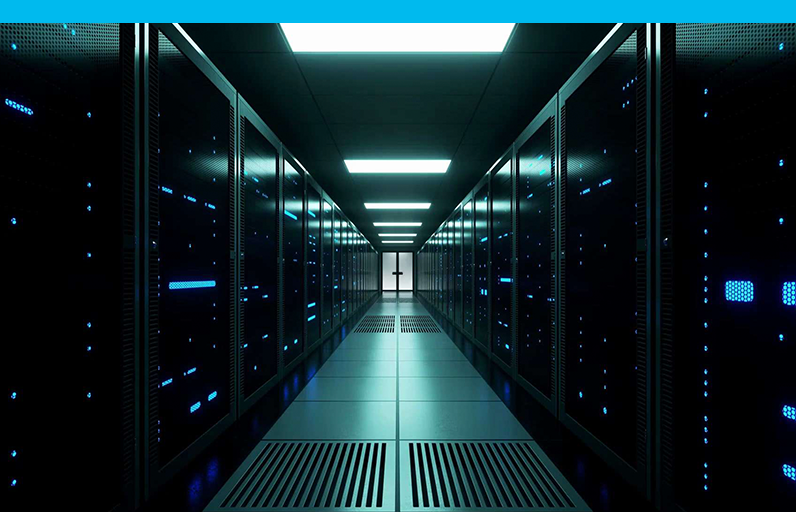What is a server operating system?
As the name suggests, a server operating system works slightly differently to a personal computer operating system. So although the Windows operating system, for instance, comes in server and desktop editions, they both work slightly differently.
Server operating systems are optimized for increased stability and reliability – the expectation is that these machines will run continuously without interruption or downtime. They will often control hugely powerful machines with more CPU, RAM and physical storage than a desktop operating system could handle. Enhanced security settings and permissions also protect data and applications against unauthorized access.
What’s special about the Linux operating system?
Hosted servers often come with a choice of OS – and one of the most popular options is the Linux operating system. One report suggests that 96.3% of the top one million web servers are running Linux – but why?
There are three main reasons to consider the Linux operating system:
1. Reliability – Although desktop versions are available, Linux’s popularity lies in its proven stability and reliability as a server operating system. The entire OS design has been focused on building a secure platform that’s safeguarded from hacking or abuse.
2. Licensing – Many variants of the Linux operating system are completely free to download and use. This solves much of the complexity encountered with other platforms, like the Windows operating system, which has very strict rules about how the OS can be used and deployed. Licensing is particularly complex when running multiple virtualized servers.
3. Flexibility – Linux is classified as ‘open source’ software, which means that anyone can take the core code and extend and enhance it however they choose. There are active communities of Linux developers who work together to quickly identify and patch security vulnerabilities, enhance the core OS, or add new features and functionality.
Which is the best operating system for running a hosted server?
How do you choose between server operating systems? The truth is that there is no one OS to suit every possible scenario or application.
If your business is already heavily invested in the Windows operating system ecosystem, it may make sense to choose a hosted server to match. This is particularly true if your applications will only run on the Windows technology stack.
For other tasks, you may find that the lower cost of entry and simplified licensing makes the Linux operating system a smarter choice. This is particularly true if you intend to host multiple virtualized servers on your bare metal system. With a Windows server you would need to pay for a license for the virtual machine host, then another license for each virtual machine that was installed on that system. With Linux, you could potentially spend nothing on the virtual machine host or any Linux guest servers installed on it because of this 'free' licensing model.
You’ll need to carefully assess the technical requirements of your application(s) and which server operating system is best able to meet those needs. Finally, you must consider the overall end-user experience – work with your hosted server provider to understand the pros and cons of each platform and which will deliver the performance you need.





![How does dedicated server hosting work? [+ comparison with shared hosting]](/dA/85652c2a1f/image/Preview.png)